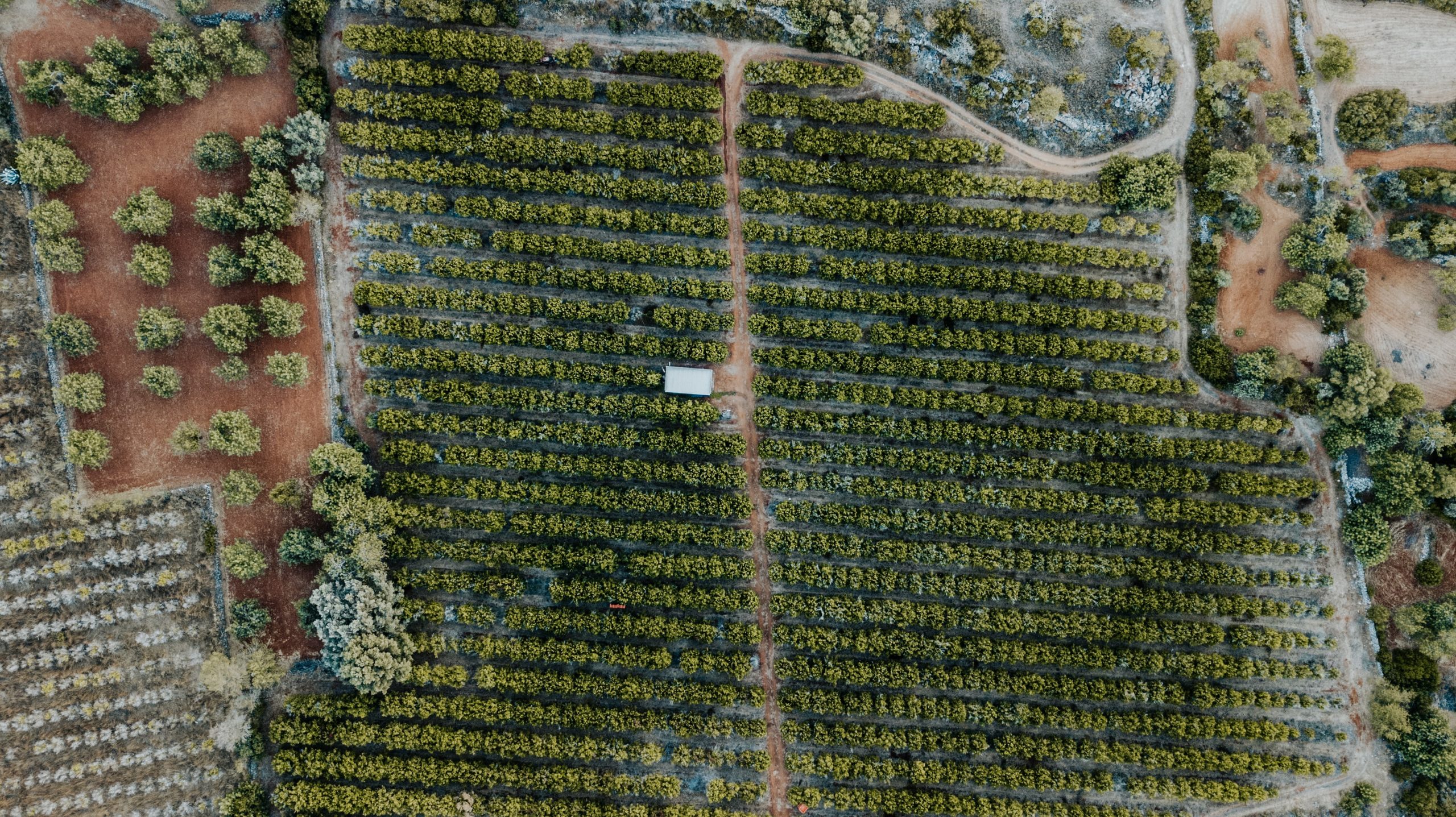In this series on Migrant Farmworkers in the United States we’ve delved deep into the history of these workers and the issues they face in the present day. To understand more about migrant workers and their struggles, I spoke with Jose Alberto Garza Vegar, an active farmworker who travels between Mexico and Oregon. The following interview was conducted via phone, translated into English and edited for clarity.
How would you describe your day to day as a farmworker?
Well I work on a ranch. We cultivate potatoes, kale, broccoli, chicken, and strawberries. My day-to-day tasks are decided by the patròn [boss] in advance. Right now we’re typically watering plants; so each day the patròn will organize where we’re watering and what. In a month, the watering phase ends and we’ll start harvesting the potatoes, which he also coordinates. So I don’t really decide what to do, he organizes all the tasks and what everyone does.
Is that different from work in Mexico?
Yes. Supposedly in Mexico they just tell you what has to be done and then it’s in your hands. They give you the instructions and then you decide how to do it. Here it’s different, you can’t decide how to make the work easier because you’ve been told to do it a certain way.
Have you always worked at the same ranch here in the US?
I’ve stayed at the same ranch for the four seasons I’ve come, over three years. But it’s a big ranch, you move around a lot.
And where is the ranch?
It’s in Portland. Every season I travel from Mexico to here, to Portland. We travel all together, as contracted workers, work for seven months and then go back to Mexico.
How is the trip organized?
It’s all coordinated by an office, the office where they hire people. They give you a form, you fill it out and mail it back, and when you have all your papers together they send all your documentation to the embassy and then you get an approved work order, then the company sends you your plane ticket and you fly to the border, to Tijuana. From there you take a bus to Portland, it can take between 20 and 25 hours.
How did you get into this line of work?
This guy I met in 2000, we became friends and such, and then he came to the US and I didn’t hear from him for a long time. And then in 2007, he called me out of the blue and asked if I had any interest in working in the US. And I said “Sure, but how? I don’t want to go illegally or anything,” and he said “No, you can get a visa and a work permit,” and he asked if I had a passport and all my papers in order. I had my papers but not a passport, but I got one and then in May of 2008 I got a call from the company that hired people for the ranch. Redes Sociales, it’s called, they take care of all the procedures for us.
How has working in the US changed your perspective?
Well certainly it’s helped me economically. And definitely, you learn a lot. You learn how to operate machinery, if the patròn allows it, machinery you don’t have in Mexico. But really you don’t have much of a say in what you learn. For example, I’m very interested in learning English, but I don’t have an opportunity to do so since I’m coming here on a contract. The tasks are very time consuming, the hours are long, when you’re done you want to rest, not study.
So what would improve your life as a migrant farmworker?
Many ways. First of all, it would be a lot better if we could have a more solid legal status, if we had the opportunity to seek permanent documentation in the US. We would be able to bring our families, to have more stable lives.
Have you looked into or begun the process at all?
No, I haven’t investigated that. Because it’s difficult, you don’t know how to begin or where you’re supposed to apply, what the procedures are. And supposedly our visas say we don’t have the right to apply for legal status.
You don’t have the right?
Supposedly, that’s what they tell us. The company. It’s in our contract with Redes Sociales, that if we want to seek legal status we can’t, we don’t have the right. Because we’re here on a contract or something like that. But that’s just what they tell us. Our contract doesn’t say that explicitly, I’ve read it, thoroughly, it doesn’t say anything about seeking legal status. So it’s a difficult situation.
Do you feel safe and comfortable reporting issues to the company or the patròn?
Well, the government sends people out to investigate the ranch, to talk to us and make sure they treat us well—which they do, to be frank. That’s the truth. At least here they do—I don’t have experience at other ranches in the US but here they treat us well. It’s not all sunshine and smiles but it’s good.
Jose provided invaluable perspective and presented the realities of being a farmworker in the US; though there are several problem areas, most workers do have safe and comfortable jobs that provide valuable economic security. In the next article in this series, we will explore the solutions to common issues facing migrant farm workers, and the organizations working to improve the farmworker system for all.
- Migrant Farmworkers: How Can You Get Involved? - November 30, 2021
- Migrant Farmworkers: Up Close and Personal - November 15, 2021
- Who Are Migrant Farm Workers, and What Do They Face? - November 8, 2021
